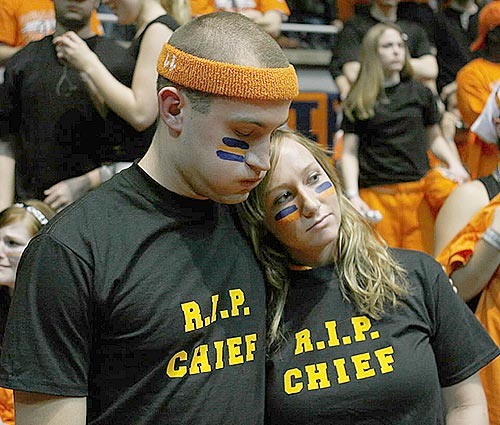Letting go of that imagery can be unsettling, which leads to the third point: the need to support others in the field of children’s literature as institutional foundations are shaken. This new, informed environment will mean being honest about the place of Indigenous people in American history. My experiences in children’s literature and in the mascot issue indicate that displacement of erroneous ideas about Indigenous people does, in fact, shake the foundations of institutions, because it disrupts the dominant narrative of America that allows most people to have positive feelings about the country, its origins, and the ways American Indians are presented in that narrative. That same displacement can challenge the positive self-image of individuals--writers, editors, reviewers, teachers, librarians--involved in the creation and use of children’s books. It can be deeply threatening or scary to admit that a book one has created or embraced is incorrect, disrespectful, or perhaps even harmful.


No comments:
Post a Comment